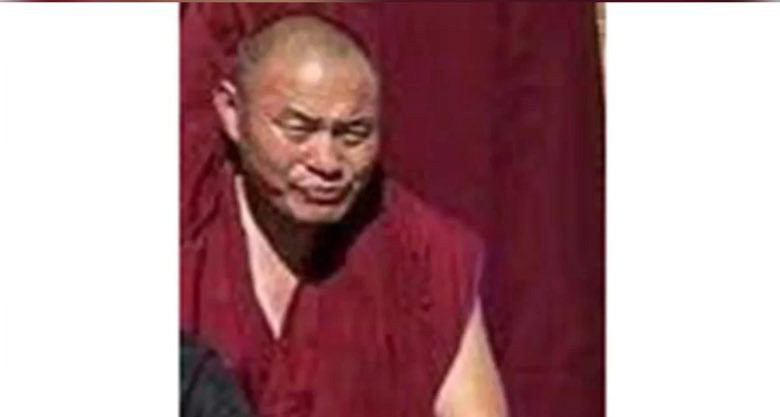Dharamshala, India – The Chinese authorities sentenced a Tibetan monk from Kirti Monastery to two years and six months in prison in early October, 2022, after detaining him for months.
According to the UN, EU, and the Human Rights Desk, Tibet Advocacy Section, DIIR of Central Tibetan Administration, a Tibetan monk called Lobsang Choephel, from Kirti Monastery, Ngaba county, eastern Tibet sentenced to two years and six months in Chinese prison in early October, 2022.
The Chinese authorities in Ngaba arrested Lobsang Choephel in the summer of 2022 and sentenced him to two years and six months in prison in October 2022, after several months in detention. Due to the strict control of information flows between Tibet and the outside world, the reasons for his detention, imprisonment and whereabouts remain unknown.
More recently, the Chinese authorities sentenced a young Tibetan man named ThupSam to two years in prison for allegedly sending information to Europe and India via the Chinese social media application (Wechat), after five months of detention.
Lobsang Choephel was also arrested on May 19, 2011 for resisting and protesting against the Chinese government's "patriotic re-education" or "legal education" for Tibetan monks at Kirti Monastery, which the Chinese authorities had imposed on the monks and prohibited normal religious activities at the monastery. As part of the “patriotic re-education” campaign, Tibetans are forced to denounce His Holiness the Dalai Lama, the exiled spiritual leader of Tibet.
Lobsang Choephel is from the village of Chakhog Chukleygap, Ngaba (Ch: Aba) County, Eastern Tibet. His father's name is Gatse and his mother is Nekyi. At a very young age, he became a monk at Kirti Monastery. His younger brother, Lobsang, a monk at Kirti Monastery, was also imprisoned by the Chinese authorities before.
China-Tibet: The one-thing you need to know
Over the past 70 decades, there has been ongoing political repression, social discrimination, economic marginalization, environmental destruction, and cultural assimilation, particularly due to Chinese migration to Tibet which is fueling intense resentment among the people of occupied Tibet.
The communist-totalitarian state of China began its invasion of Tibet in 1949, reaching complete occupation of the country in 1959. Since that time, more than 1.2 million people, 20% of the nation's population of six million, have died as a direct result of China's invasion and occupation. In addition, over 99% of Tibet's six thousand religious monasteries, temples, and shrines, have been looted or decimated resulting in the destruction of hundreds of thousands of sacred Buddhist scriptures.
Until 1949, Tibet was an independent Buddhist nation in the Himalayas which had little contact with the rest of the world. It existed as a rich cultural storehouse of the Mahayana and Vajrayana teachings of Buddhism. Religion was a unifying theme among the Tibetans -- as was their own language, literature, art, and world view developed by living at high altitudes, under harsh conditions, in a balance with their environment.


![Tibet has a rich history as a sovereign nation until the 1950s when it was invaded by China. [Photo: File]](/images/stories/Pics-2024/March/Tibet-Nation-1940s.jpg#joomlaImage://local-images/stories/Pics-2024/March/Tibet-Nation-1940s.jpg?width=1489&height=878)


















